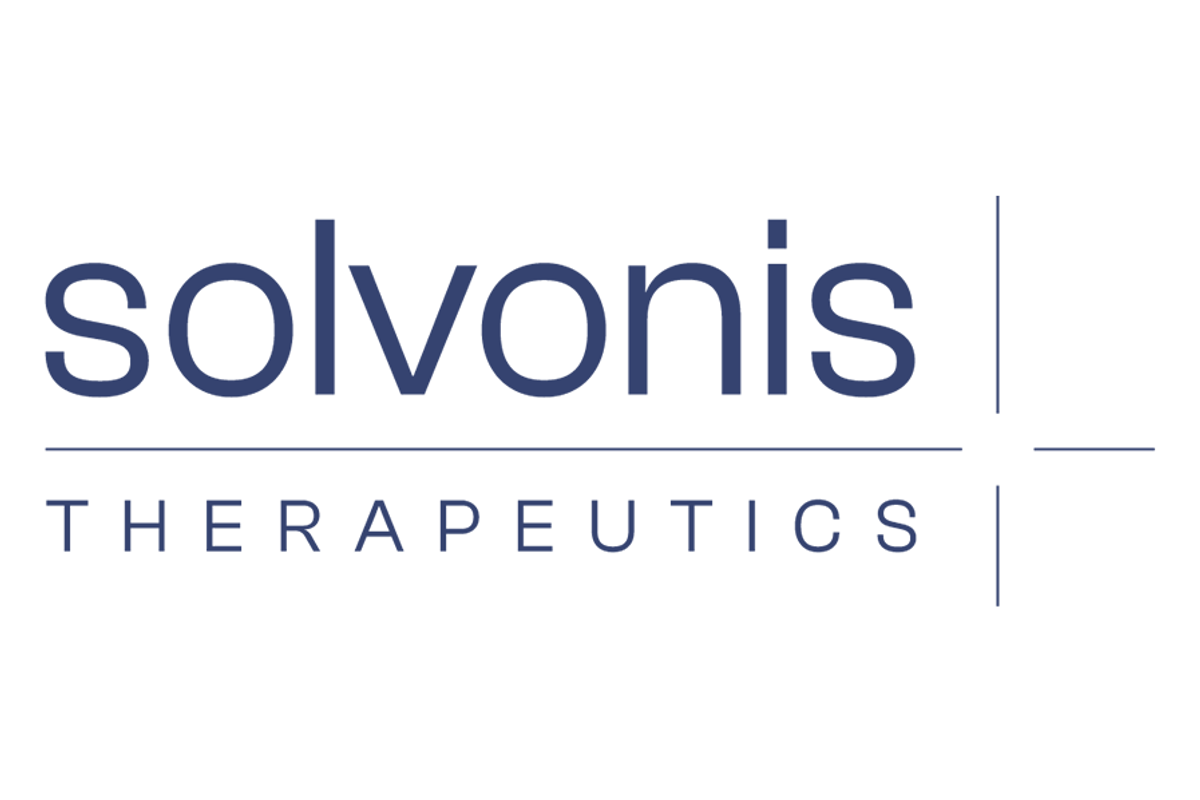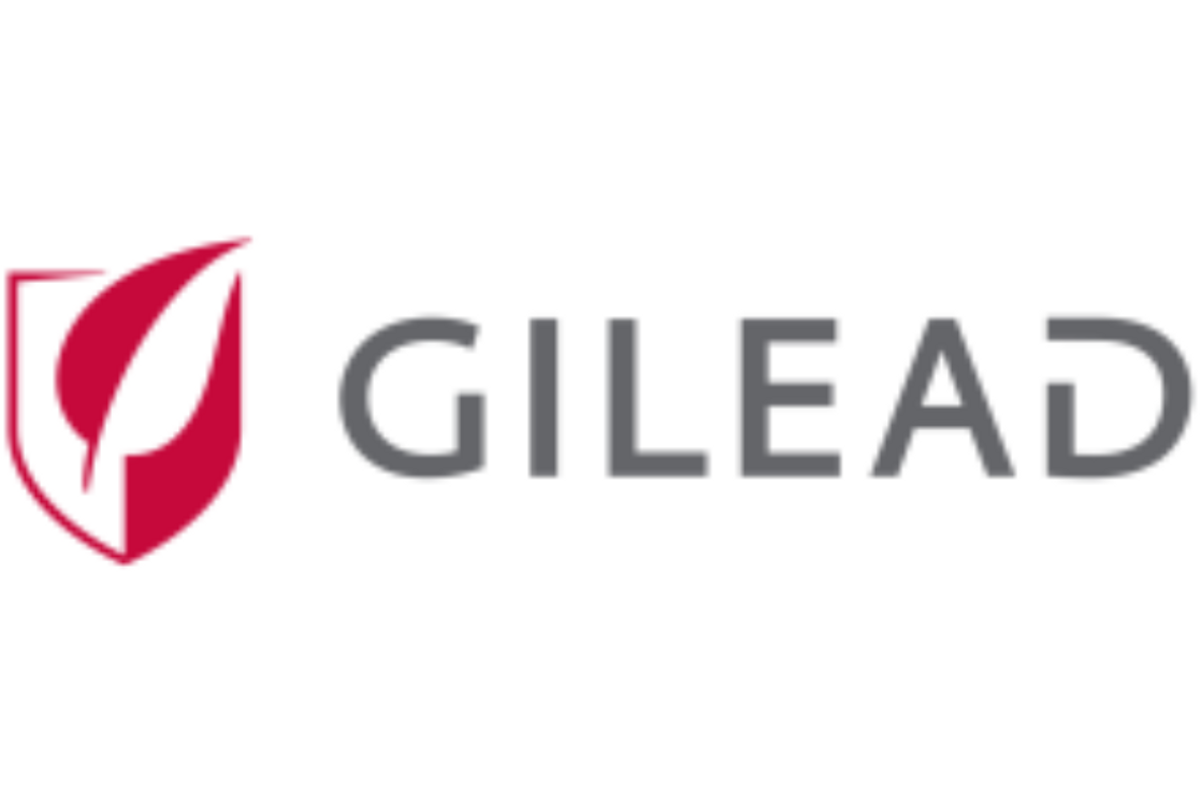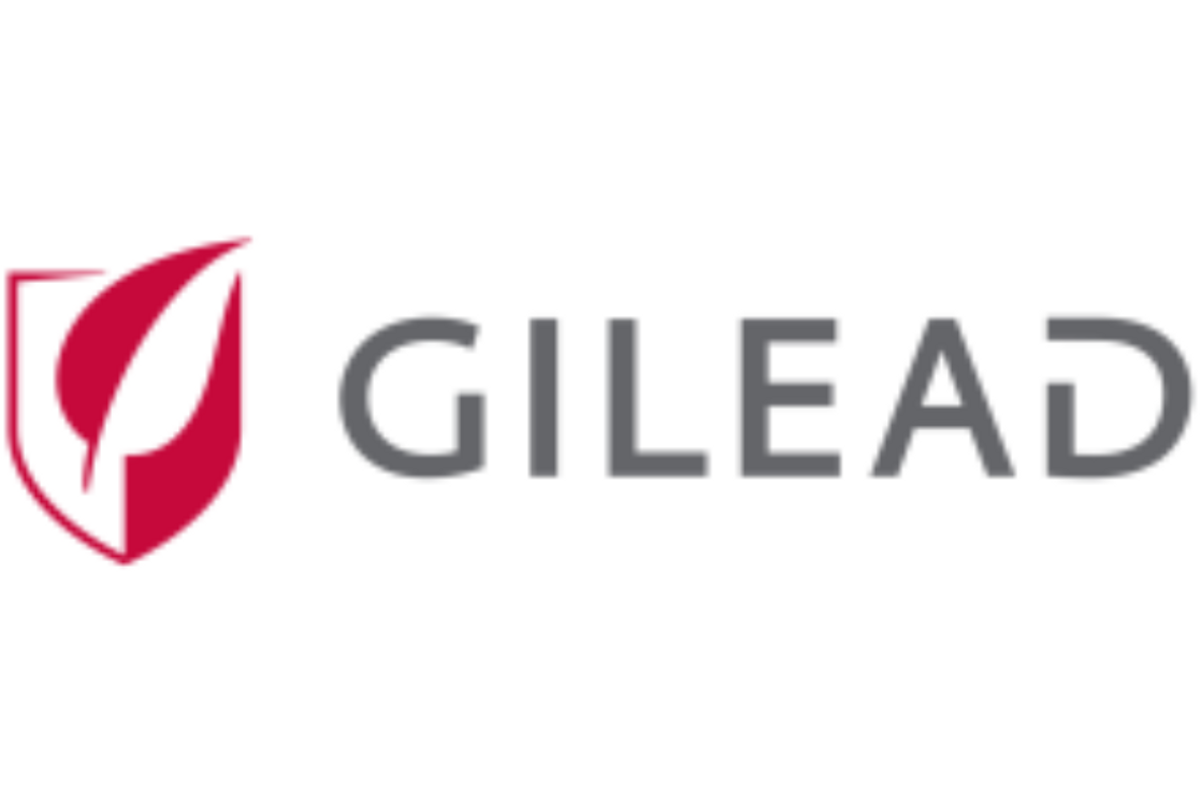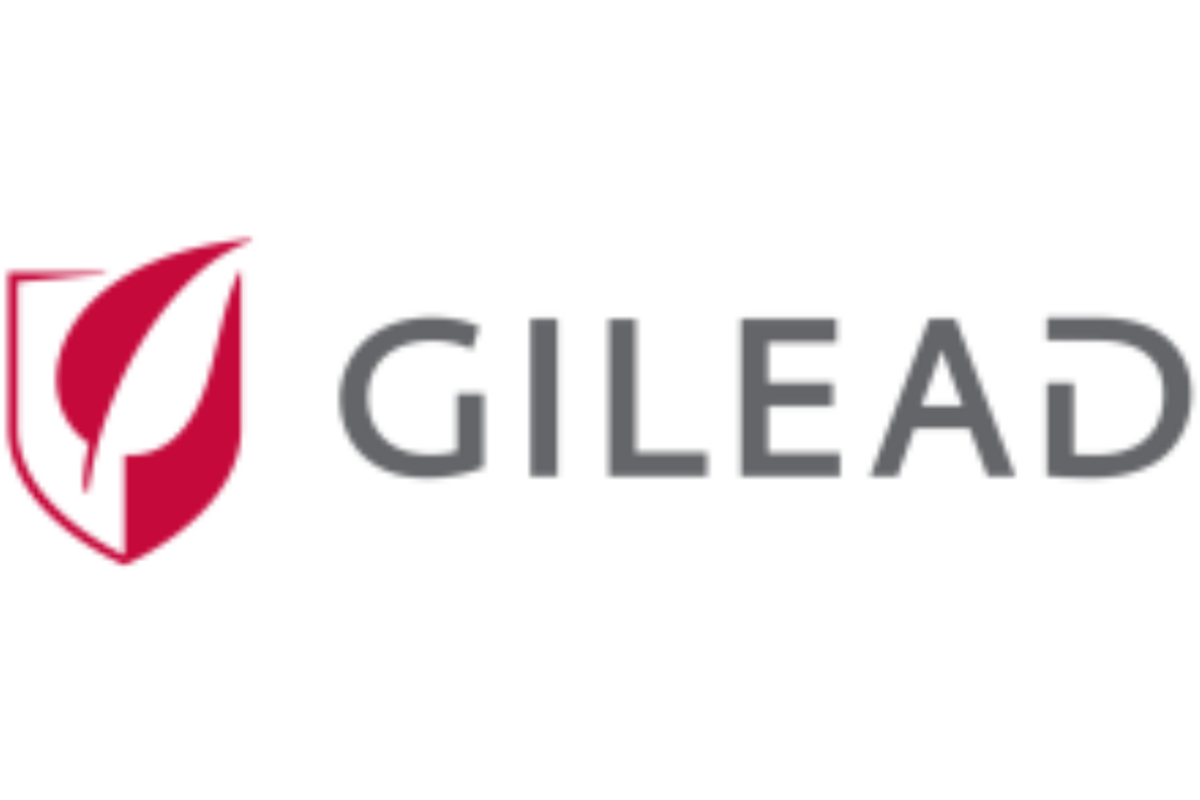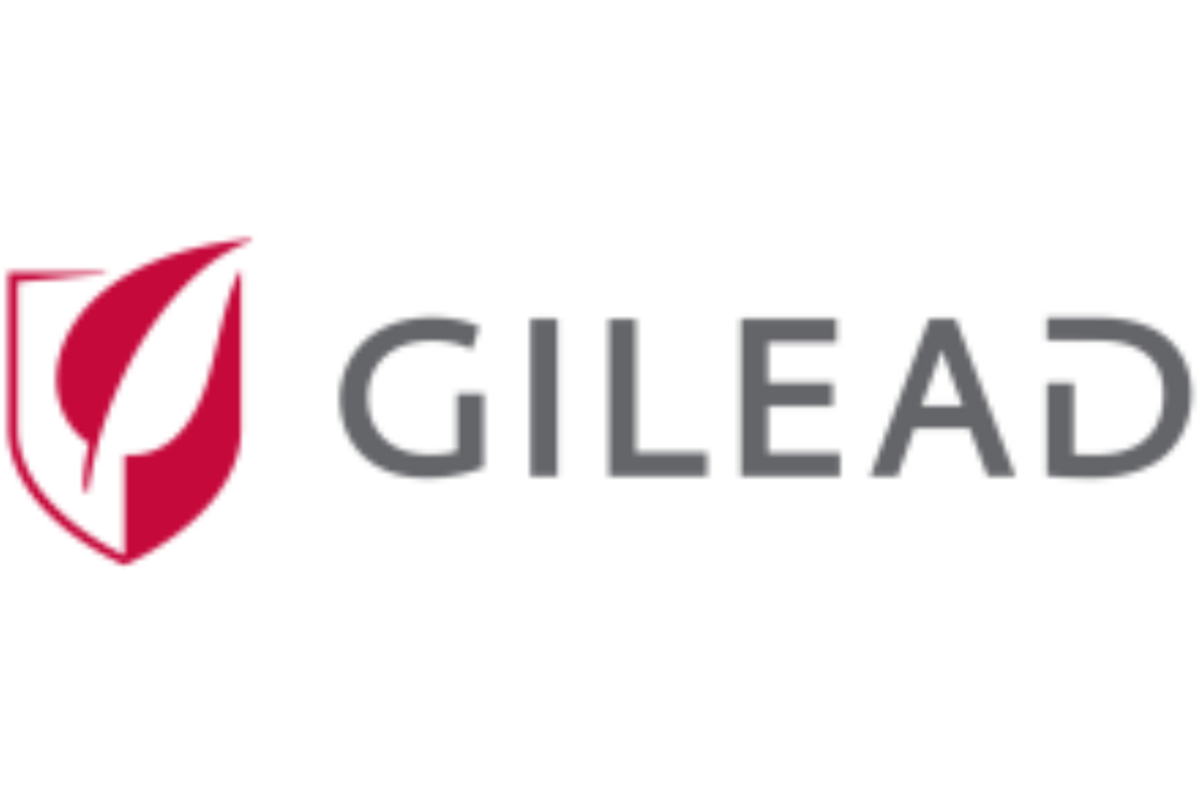When I came to Gilead in 2019, I did so in part because of the revolutionary way this company thinks about bringing therapies to those who could benefit. Health equity and access are more than goals or ambitions - they're woven into the fabric of who we are and what we do. Gilead has a long legacy of making medicines available around the world, working toward the goal of ensuring cost isn't a barrier to access.
Across our therapeutic areas, we're working diligently to help remove barriers to access, especially in areas that are most acutely impacted by the diseases on which we focus. In our efforts in HIV in the United States, for example, we work closely with patient advocacy groups, providers and healthcare systems to support education, outreach and access initiatives in the communities that would most benefit from prevention or treatment.
Outside the United States, Gilead has partnered with governments and communities to reduce the disproportionate burden of multiple diseases in dozens of countries. We've signed non-exclusive voluntary licensing agreements in HIV and viral hepatitis, as well as in COVID-19, which we offered royalty-free. Last year we were proud to reach the milestone of making more than 30 million treatments available around the world, primarily in low- and low-middle-income countries. This includes 8 million people who have been treated with our antiviral therapy for COVID-19 to date. In addition, our Global Patient Solutions business unit serves approximately 96 resource-limited countries in Africa, India and Southeast and Central Asia, which account for roughly 4 billion people, of whom more than 30 million are living with HIV.
Effectively expanding access to new medicines across our therapeutic areas is an important, but complicated endeavor, and one that requires political commitments to public health, strong healthcare infrastructure, well-trained health workforces, investment in screening and linkage to care and empowered patient communities. We'll continue working with partners around the world to make progress in these areas. Time is of the essence, especially as we prepare for potential new HIV prevention options in development in our journey to help end the epidemic for everyone, everywhere.
We must rethink our access strategies across every disease area, and to illustrate why that's important, HIV again provides an interesting example. There remains a large unmet need for HIV prevention options. Only about one in four people in the United States who could benefit from pre-exposure prophylaxis (PrEP) are using it, and those numbers are even lower in Europe. As we pursue and potentially launch other options, we continue to face many headwinds, including limited access to affordable healthcare, low awareness of prevention medicine among healthcare providers and potential users, stigma, discrimination and other structural inequities. That is an imposing list, but the opportunities are even more inspiring. We'll need to work closely with governments, medical organizations, community groups, policymakers, people who could benefit from PrEP and other stakeholders to come up with solutions and ensure that the therapies are accessible to all who need them.
We have a lot of work ahead of us, but I'm inspired and energized by the future. And I'm proud to work for an organization that not only strives to deliver innovative medicines but that takes a holistic approach to breaking down barriers to access.
Johanna Mercier is Chief Commercial Officer at Gilead.
Originally published by Gilead Sciences
View additional multimedia and more ESG storytelling from Gilead Sciences on 3blmedia.com.
Contact Info:
Spokesperson: Gilead Sciences
Website: https://www.3blmedia.com/profiles/gilead-sciences
Email: info@3blmedia.com
SOURCE: Gilead Sciences
View source version on accesswire.com:
https://www.accesswire.com/750113/Gilead-Sciences-Breaking-Down-Barriers-To-Access-in-HIV-and-Beyond-A-Perspective
